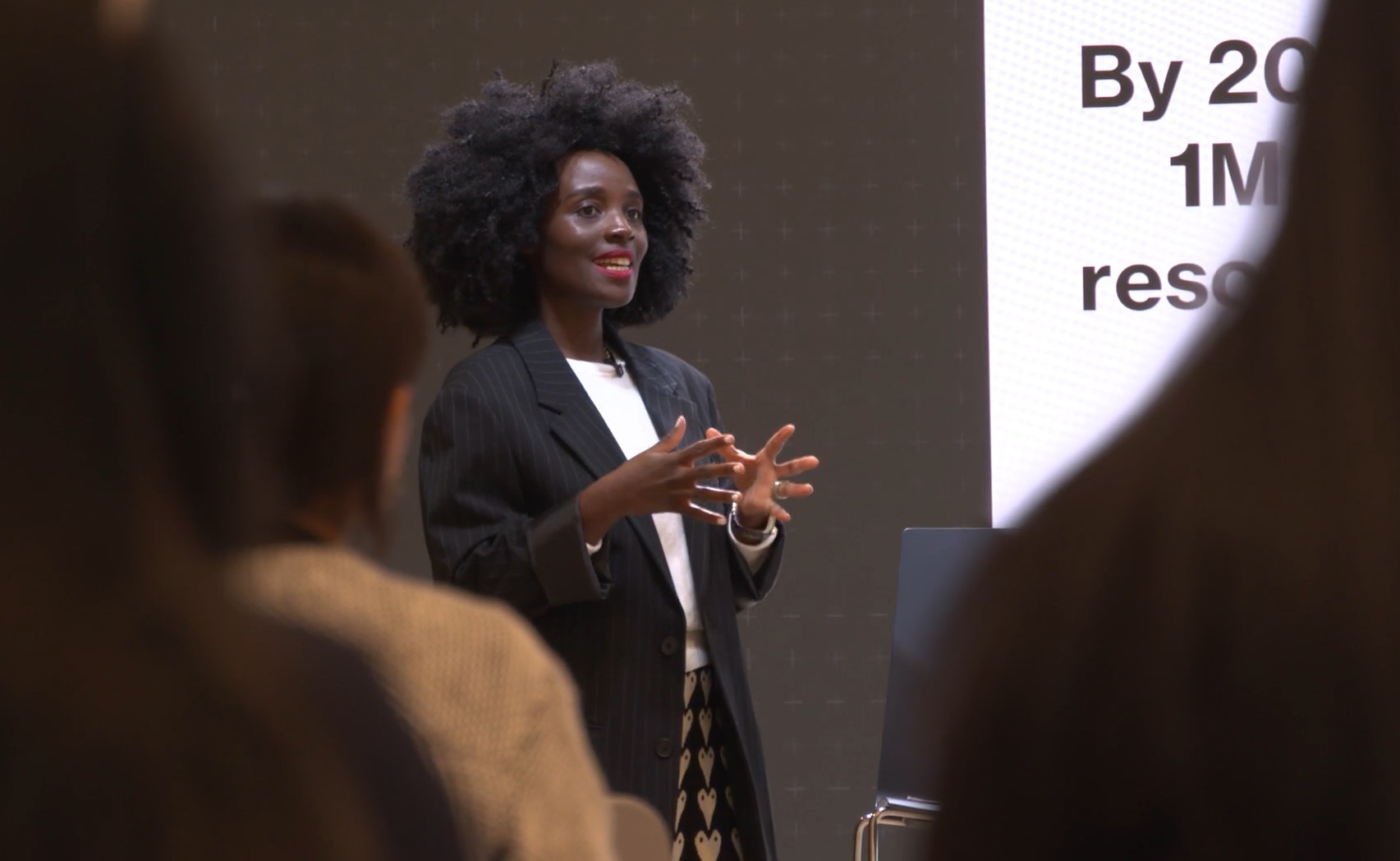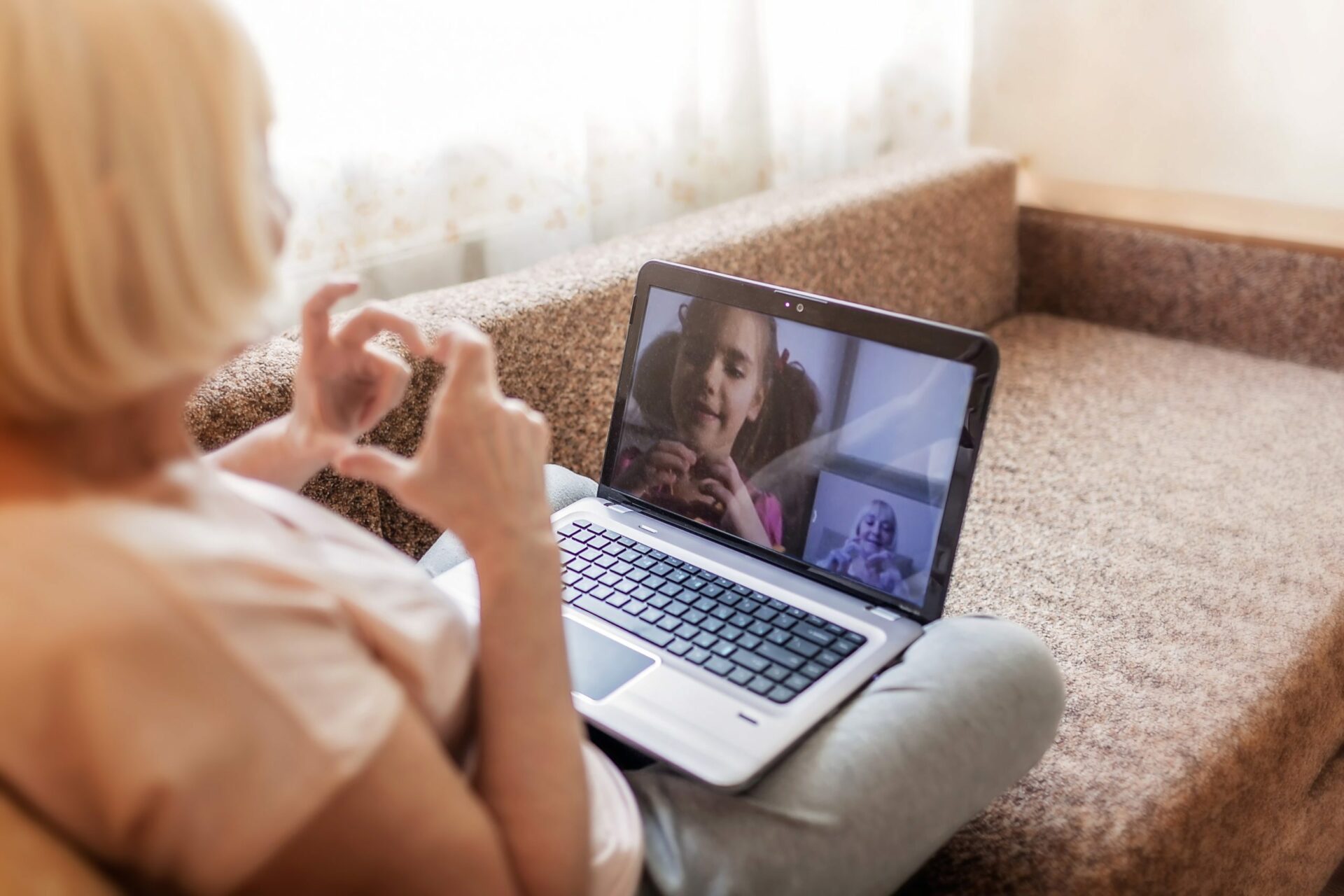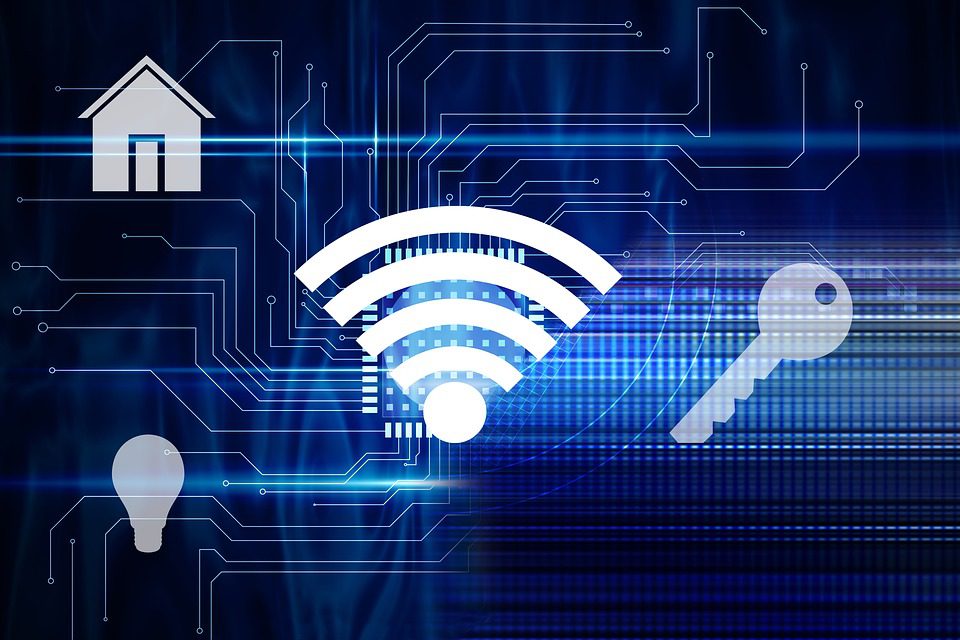“No one ever thought that the extraordinary investment in families on the wrong side of digital opportunities would be winding down. And doing so at a time when more than 20 million eligible families have finally found affordable options to connect to remote work, distance learning, health care, and for greater connections to family members, and civil society. As of December 2023, 9.9 million participants of the Affordable Connectivity Program (ACP) were using the $30.00 per month discount toward fixed, or home broadband; 12 million for wireless services; and just under one percent on something else, like fixed wireless or satellite, according to ACP enrollment data. But last month, in response to the lack of a congressional reallocation of money and with funds dwindling, Chairwomen Jessica Rosenworcel of the Federal Communications Commission (FCC) penned a letter about the program’s fate and informed Congress that, on February 8, 2024, that the agency would start freezing new ACP enrollments. Meanwhile, states are steadily preparing to deploy federally subsidized, broadband deployments in areas that will be highly dependent on having subscribers for new and expanded assets. What the end of the ACP means for pending infrastructure, and the range of stakeholders from subscribers to community organizations has yet to be fully considered.”
To read more, click here.












